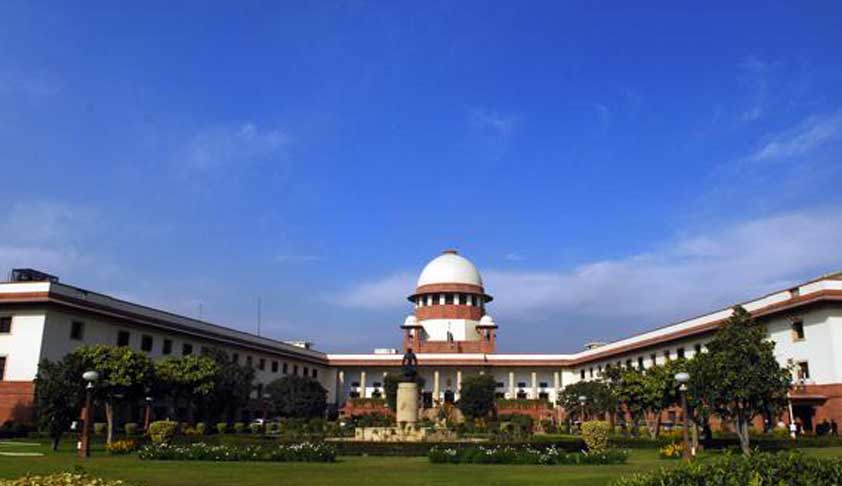Hearing of Fresh Interpretation of ‘juvenile’ by Supreme Court commences
LIVELAW NEWS NETWORK
29 Jan 2014 4:21 PM IST

Next Story
29 Jan 2014 4:21 PM IST
The final hearing on the petitions filed by BJP leader Subramanian Swamy and the parents of the victim of the December 16 gang rape, challenging the constitutional validity of the Juvenile Justice (Care and Protection of Children) Act, 2000, has been started by the Supreme Court.The petition was filed in order to seek for a fresh interpretation of the term, juvenile, in the statute and leaving...
